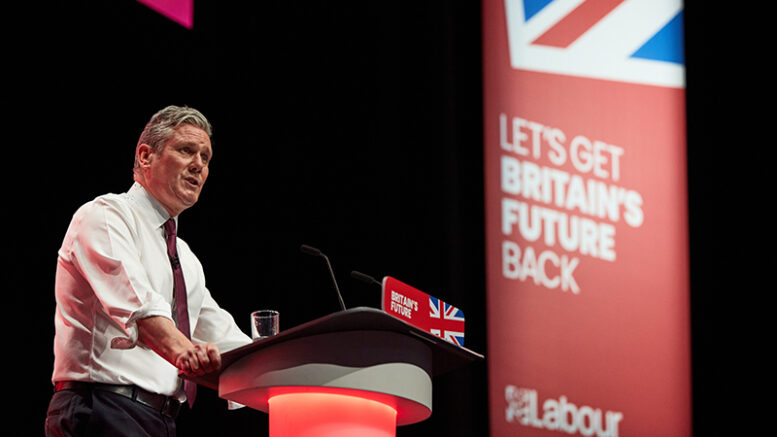Labour’s recent announcement to freeze local housing allowance (LHA) rates until at least April 2026 has sparked concern among landlord groups, who warn that this decision will disproportionately impact vulnerable tenants struggling to keep up with rising rents. The National Residential Landlords Association (NRLA) criticised the freeze, highlighting that it could leave low-income renters unable to access affordable housing in the private rental market.
LHA freeze to strain access to rental homes
Chris Norris, Policy Director at the NRLA, voiced concerns that the freeze contradicts the government’s stated aim of supporting vulnerable people. “Whilst the Budget spoke about protecting vulnerable people, it failed to confirm what we now know-that housing benefit rates will be frozen as of next year,” he stated. Norris argued that LHA rates should reflect real rental costs, saying, “It makes no sense whatsoever to provide support for housing costs that bear no resemblance to rents as they actually are.”
The freeze is expected to make it especially challenging for benefit claimants to find and sustain tenancies in an already competitive rental market. “Coupled with tax hikes on the supply of homes to rent, announcements today will make it hardest of all for those claiming benefits to access and sustain tenancies in the rented sector,” Norris added.
Calls to align LHA with market rents
The decision follows criticism earlier this year, even after the Chancellor ‘unfroze’ LHA rates in 2023, when the NRLA flagged the growing gap between LHA payments and actual rental prices. This disparity left many renters on benefits without affordable housing options, especially in regions where rent prices have surged. The NRLA has consistently called on the government to “confirm that housing benefit rates will permanently track market rents” to ensure support for those in need.
Widespread concerns over rising rents
Labour’s stance has raised eyebrows, particularly as rental prices continue to climb. Critics argue that this new freeze could intensify housing affordability issues for low-income renters. Many housing advocates worry that without a fair adjustment to match rising rents, vulnerable households will face even greater difficulty in accessing stable accommodation.
The NRLA’s call for LHA rates to be aligned with market rents highlights the ongoing struggle for low-income renters to find affordable housing in a competitive market. As pressure mounts, the freeze could have far-reaching consequences for the private rental sector, landlords, and tenants alike, prompting further debate on the need for balanced housing support.








